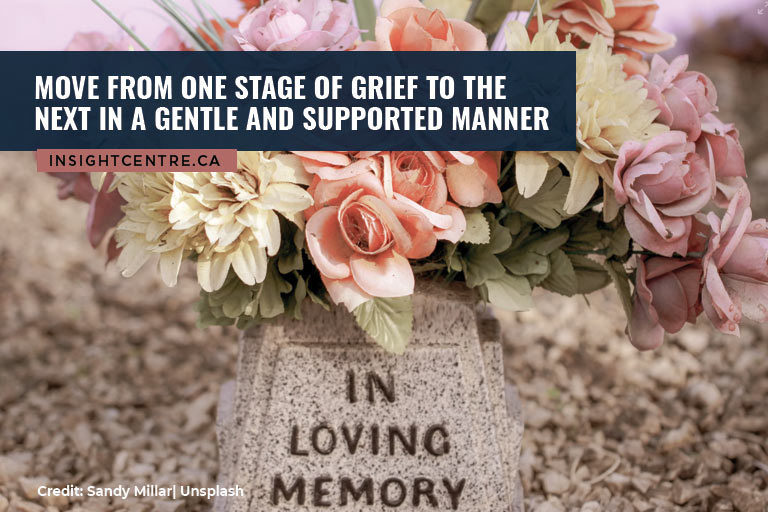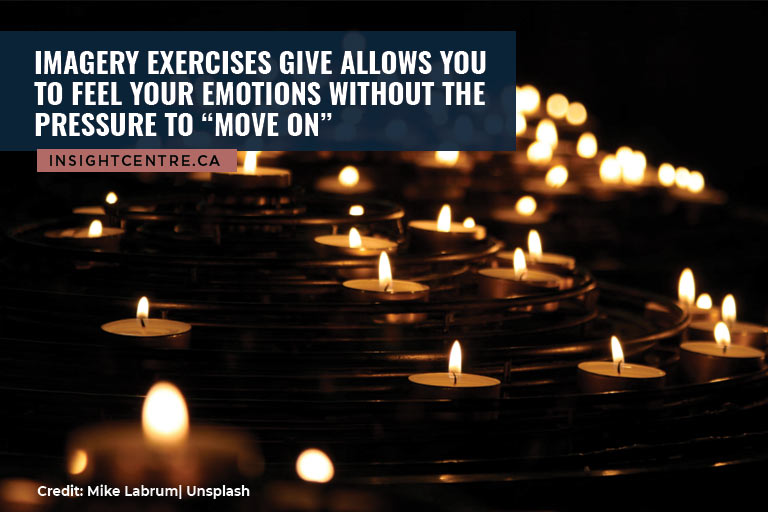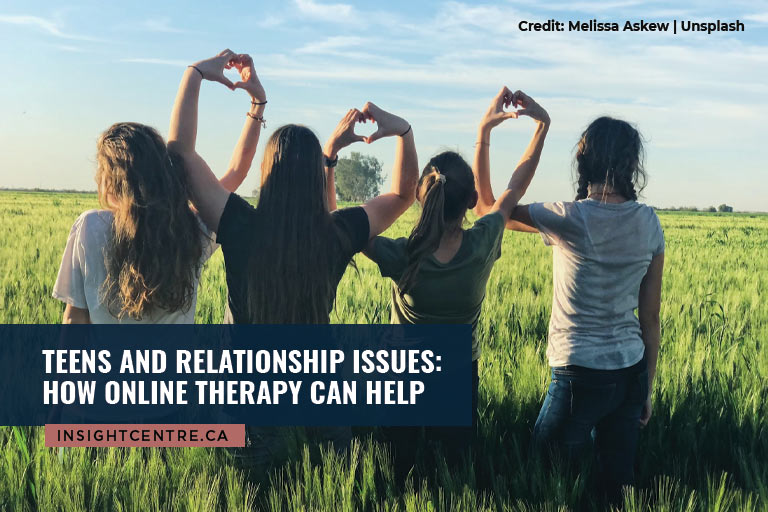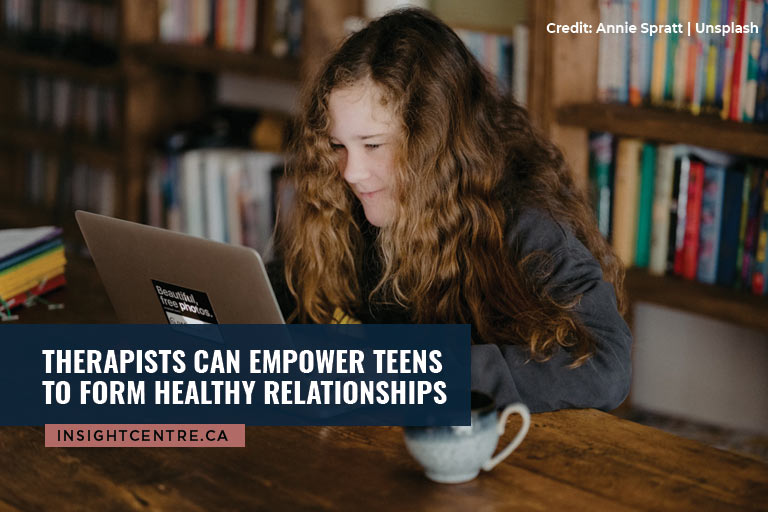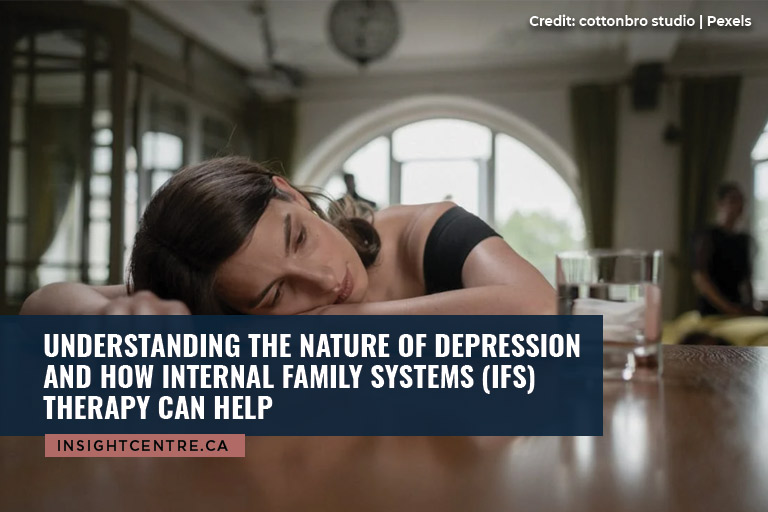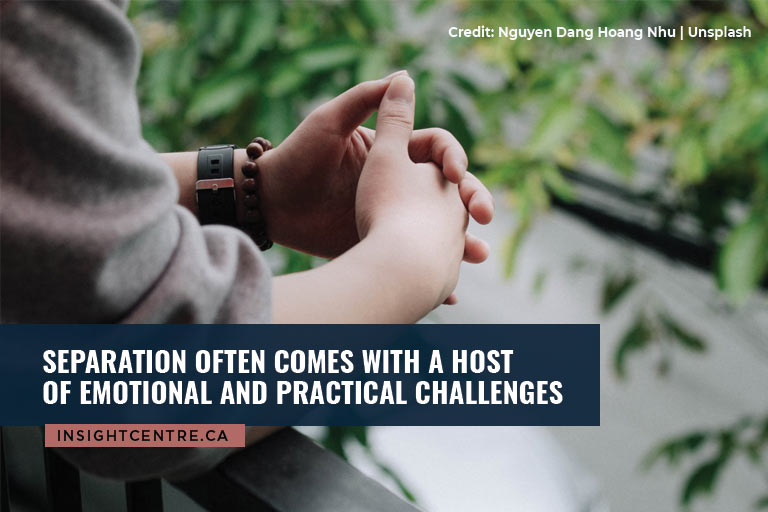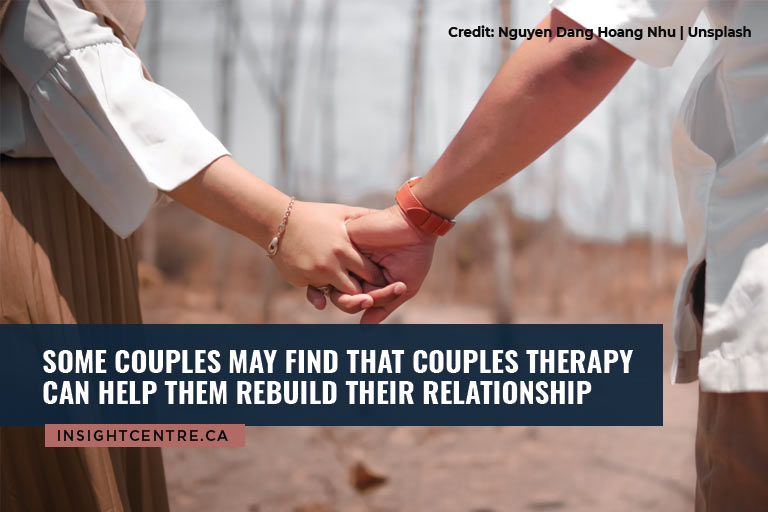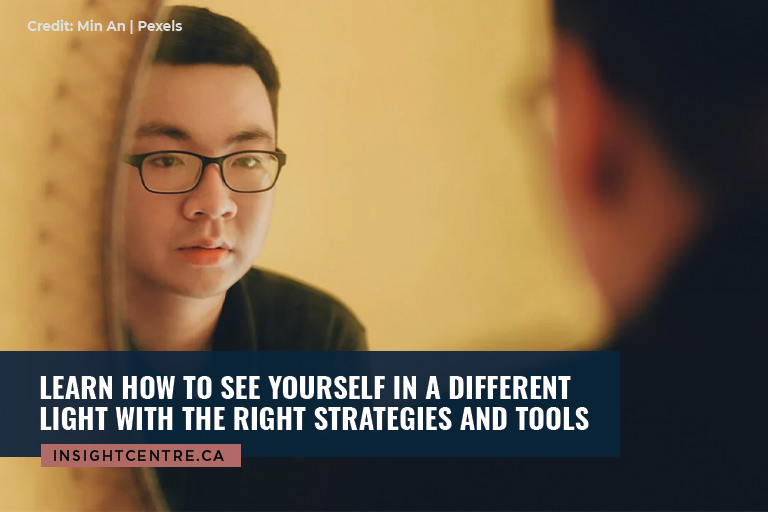Emotion-Image Therapy (EIT): How Imagery Techniques Aid Emotional Healing
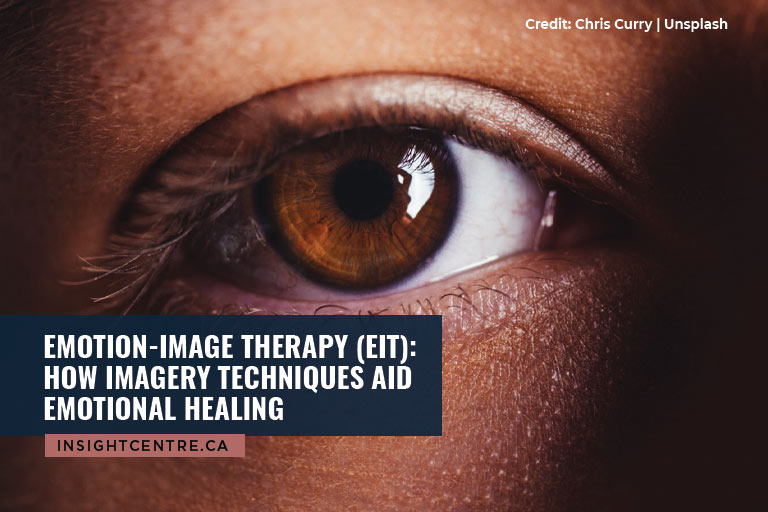
Emotion-Image Therapy (EIT) was developed by Dr. Nikolay Linde, a Russian psychotherapist and psychologist. Dr. Linde pioneered EIT as a therapeutic approach that uses imagery and symbolic visualization to access, process, and transform deep-seated emotions, especially those that may be challenging to address through traditional talk therapy. This method has gained popularity in Russia and Europe, particularly for its effectiveness in helping people confront subconscious emotional blocks and unresolved trauma through imaginative techniques.
EIT is a therapeutic approach that uses imagery techniques to help individuals process and transform complex emotions. Developed from a blend of psychodynamic and humanistic theories, EIT centers on the idea that emotions are best accessed and understood through visual and sensory imagery. By engaging the subconscious mind through guided visualization and symbolic images, EIT enables individuals to gain insights, release emotional blocks, and foster healing.

Core Principles of Emotion-Image Therapy
EIT is based on the belief that emotions often remain lodged in the subconscious, sometimes manifesting as physical symptoms, behaviours, or recurrent emotional patterns. Verbal processing alone may not always reach these hidden layers of emotion, making it challenging to fully resolve deep-seated issues. By using visual imagery, EIT taps into the subconscious and helps people access the root of their emotions in a gentle and supportive way.
Key components of EIT include:
Symbolic Imagery
In EIT, emotions are represented by symbols or images that emerge from the client’s subconscious. These symbols can include natural elements (like fire or water), objects, or abstract shapes and colours that carry meaning for the client.
Guided Visualization
Therapists use guided visualization to help individuals interact with these images, uncovering underlying emotional themes, memories, or unresolved feelings that are connected to present-day issues.
Emotional Transformation
Using the tools within the Emotion-Image Therapy (EIT) approach, generated images of a client’s feelings can be actively transformed, facilitating the resolution of internal conflicts. By engaging with these images through guided therapeutic techniques, clients can reshape emotional experiences, integrate conflicting parts of the self, and create new, adaptive emotional patterns. This process not only reduces distress but also fosters deeper self-awareness and emotional balance. Additionally, EIT helps clients access inner resources, uncovering strengths and coping mechanisms that may have been previously unrecognized. By integrating these internal resources, clients can develop greater emotional resilience and a more cohesive sense of self.
Integration and Reflection
After each imagery session, therapists work with people to integrate the insights gained, fostering a deeper understanding of how these emotions impact their lives and relationships. Individuals may journal or reflect on the imagery, which helps solidify emotional growth.
How EIT Imagery Techniques Work in Practice
Imagery in EIT is more than just visualization; it’s a tool to unlock and process emotions that may be too overwhelming, painful, or complex to confront directly. Here are some of the primary imagery techniques used in EIT:
Creating an Emotion Image
In EIT, individuals are often asked to visualize an image that represents their current emotional state. This initial image acts as an entry point, allowing them to see their emotions from a new perspective.
Example:
Suppose a client is experiencing intense anxiety. They might be guided to visualize their anxiety as an image—such as a storm cloud—that represents their emotional state. The client can then explore the size, color, intensity, and movement of the cloud, deepening their connection with the emotion. Through this process, they gain insight into the underlying causes, functions, and unmet needs driving their anxiety. By interacting with the image—perhaps modifying it, softening it, or introducing supportive elements—the client can transform their emotional experience, fostering greater self-awareness, emotional regulation, and inner balance.
Imagining a Protector or Guide
Many individuals encounter internal conflicts or fears during therapy and need support. Clients can be guided to visualize a protector or guide—an image or figure embodying wisdom, strength, or comfort. This figure serves as an inner ally, helping the client navigate difficult emotions with support and reassurance. Sometimes, this figure represents the client’s inner supporter or adult self—a resilient, compassionate part of them that provides guidance and stability. By interacting with this inner resource, clients can develop a deeper sense of self-trust, emotional regulation, and empowerment, ultimately transforming their relationship with their fears and internal conflicts.
Dialoguing with Emotions
In EIT, people may engage in an imaginative dialogue with the images that represent their emotions. This technique allows them to interact directly with their emotions, asking questions and seeking insights. By externalizing the emotion, individuals often gain new perspectives and can work through feelings that might otherwise feel stuck.
Example:
If a client feels anger but is unsure why, they may visualize their anger as a red flame or a thorny bush. The therapist may encourage them to ask the image questions: “Why are you here?” or “What do you want me to understand?” These dialogues often reveal underlying emotions or unmet needs, offering a deeper understanding of the anger.
Transforming Negative Imagery
Transformation is a central part of EIT. Individuals are encouraged to change negative or distressing images into more positive or manageable forms. This exercise symbolizes reclaiming control over their emotional experience and resolving inner conflicts through guided experiences with the help of a therapist.
Example:
A client may visualize their fear as a tall, dark shadow looming over them, embodying the intensity of their anxiety. Through guided visualization, they can engage with this image, exploring its presence, message, and underlying needs. By acknowledging and understanding the anxious part, the client can uncover what it seeks—perhaps safety, reassurance, or control—and begin to meet these needs in healthier ways. This process allows them to transform their relationship with fear, shifting from avoidance to active self-support. As a result, they can commit to new behaviours that foster calmness, resilience, and emotional balance.
Creating Healing Images
In addition to transforming negative imagery, EIT often includes creating positive images that symbolize healing, peace, or wholeness. These images serve as mental anchors that people can return to during times of distress, reinforcing positive emotions and resilience.
Example:
After a difficult session, a client may be guided to visualize a peaceful garden or a safe haven that represents inner peace. This space can include calming elements like flowing water, sunlight, or soothing colours. By revisiting this image in future sessions, people reinforce feelings of safety and comfort.

How Imagery in EIT Aids Emotional Healing
Imagery techniques in EIT help people access and process emotions that are often challenging to address through traditional talk therapy alone. Here are some ways these techniques facilitate healing:
Bypassing the Rational Mind
Emotions are not always rational, and sometimes logical processing fails to resolve deep-seated feelings. Imagery taps into the subconscious, where many emotions reside, allowing individuals to access and process them more effectively.
Releasing Emotional Blocks
Many people may feel stuck or unable to move past certain emotions, such as guilt or resentment. Imagery provides a creative and non-threatening outlet for these emotions, helping individuals release blocks and move forward.
Building Resilience and Coping Skills
Through repeated use of healing imagery, people can build resilience and internal resources to handle difficult emotions. Imagery exercises can become mental tools they can use outside of therapy, empowering them to manage stress and emotional distress.
Improving Self-Compassion
Imagery allows people to see their emotions as separate from their core identity, fostering self-compassion and empathy toward their feelings. This approach helps reduce self-judgment and promotes acceptance, which is essential for healing.
Enhancing Insight and Self-Understanding
By using symbolic imagery, people often gain valuable insights into their emotional patterns, unresolved traumas, or unmet needs. These insights become the foundation for deeper self-understanding and personal growth.
EIT offers a unique and powerful way to work through complex emotional experiences by utilizing imagery techniques. Through visualization and transformation, individuals can access emotions that may otherwise remain hidden, allowing for profound healing and emotional growth. By nurturing self-compassion, building inner resources, and fostering insights, EIT empowers people to move through difficult emotions and reshape their inner worlds. For those grappling with deep-rooted emotions, EIT provides a compassionate and transformative path forward.
Ready to unlock your emotional potential? Insight Centre provides online therapy. We use EIT techniques to help you process and release negative emotions. Call +1 647-633-1928 to schedule a session and embark on your journey to emotional freedom.



